Fast-Track and human rights – Advancing human rights in efforts to accelerate the response to HIV
The global agenda for sustainable development includes a target of ending the AIDS epidemic by 2030. Experience to date shows the significant progress that can be achieved in the AIDS response through the mobilization of scientific knowledge, political will, financial resources and civil society.
To achieve this ambitious objective, UNAIDS has called on all countries to harness the next several years (until 2020) as a key window of opportunity for rapidly scaling up the HIV response in three main areas: HIV prevention, HIV testing and HIV treatment. This Fast-Track approach—endorsed by the United Nations (UN) General Assembly in the 2016 Political Declaration on Ending AIDS—requires maximizing existing tools in order to quicken the pace of progress to achieve specific targets and end the AIDS epidemic as a public health threat by 2030.
Despite this, it will not be possible to Fast-Track the HIV response and end the AIDS epidemic without addressing human rights. Gender inequality continues to undermine efforts to address HIV among women and girls around the world, and while many populations remain highly affected by HIV, they have inadequate access to effective quality prevention, testing and treatment services. These populations, which are being left behind by the response, include adolescents and young people (particularly adolescent girls and young women in eastern and southern Africa), indigenous communities, sex workers, prisoners, migrants, gay men and other men who have sex with men, transgender people and people who inject drugs. Human rights barriers—including stigma and discrimination, violence and other abuses, negative social attitudes and legal obstacles—contribute to vulnerability to HIV among these populations and limit their access to prevention, testing, treatment and care services.
As recognized by all UN Member States in the General Assembly resolutions on HIV,1 the realization of human rights is an essential element of the HIV response. Yet for too
long, legal, policy and human rights issues have been seen by some policy-makers, programme implementers and service providers as disconnected from (and at best parallel to) efforts to implement HIV prevention, testing or treatment programmes. Changing this situation should be a priority in efforts to Fast-Track the HIV response.
This document offers guidance on why and how efforts to Fast-Track HIV prevention, testing and treatment services can and should be grounded in human rights. Beyond being an imperative in themselves, human rights principles and approaches are critical to addressing barriers to HIV services and to achieving HIV targets. Human rights principles and approaches will help maximize the reach and impact of HIV prevention, testing and treatment programmes. They also will help address potential human rights challenges and prevent abuses that may occur in the context of urgent efforts to Fast- Track the achievement of HIV prevention, testing and treatment targets.





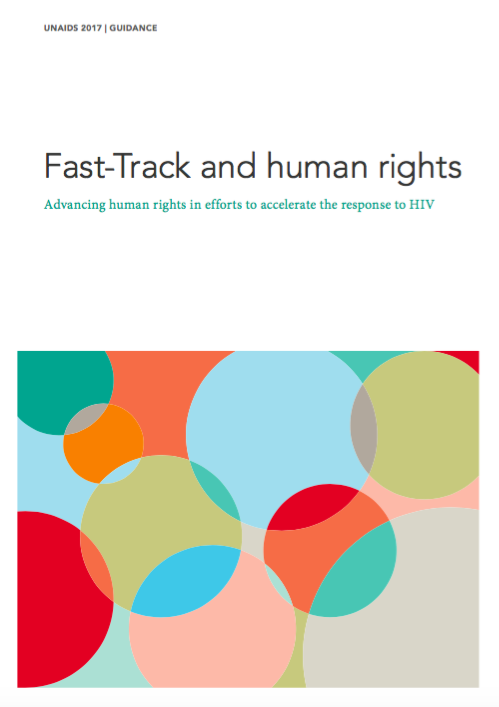
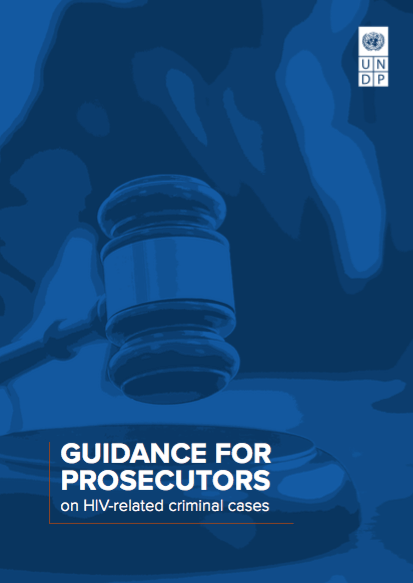 Guidance for prosecutors on HIV-related criminal cases.
Guidance for prosecutors on HIV-related criminal cases.
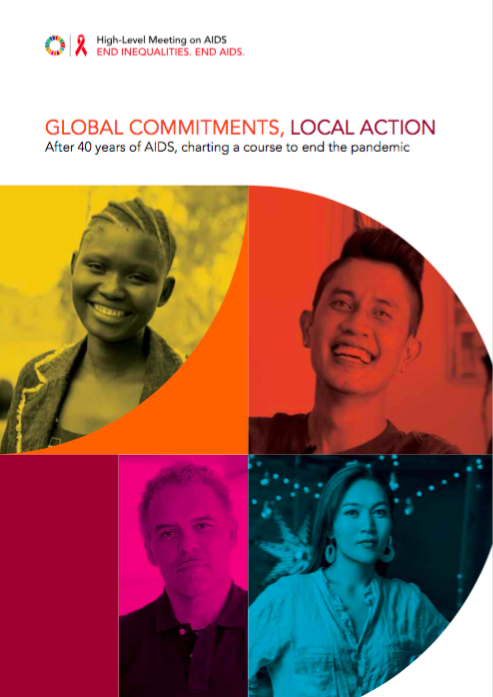 Global Commitments, Local Action. After 40 years of AIDS, charting a course to end the pandemic
Global Commitments, Local Action. After 40 years of AIDS, charting a course to end the pandemic
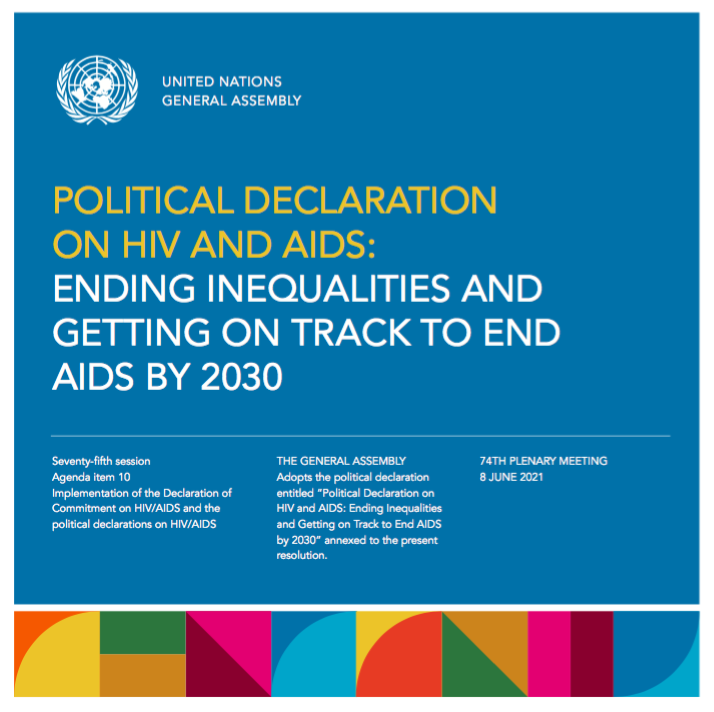 Political Declaration on HIV and AIDS: Ending Inequalities and Getting on Track to End AIDS by 2030
Political Declaration on HIV and AIDS: Ending Inequalities and Getting on Track to End AIDS by 2030
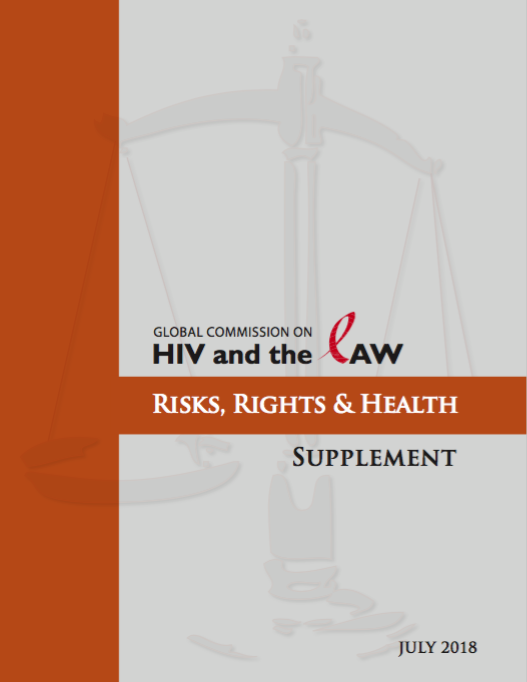 Supplement to the Report of the Global Commission on HIV and the Law “Risks, Rights & Health”
Supplement to the Report of the Global Commission on HIV and the Law “Risks, Rights & Health”